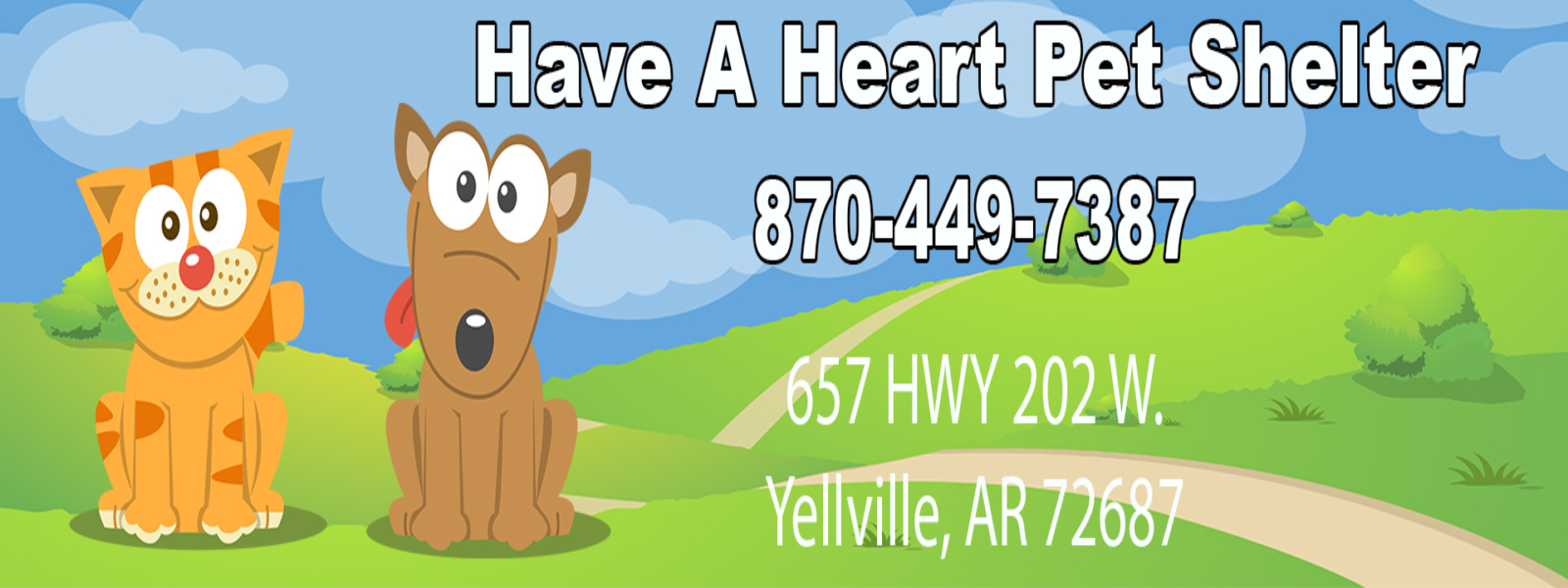Our Dog of the Week is Penny!

Penny was surrendered to the Shelter on February 4th when her owner passed away and she needed a new family to love her. Penny is a very sweet, good dog. However, when she was brought to the Shelter the comment was made that she looked more like a Pot-Bellied Pig than a Dachshund, weighing in at 40 pounds on arrival. The average size for a Standard Dachshund is eight to nine inches tall, 16-32 pounds, with a life expectancy of 12-16 years.
We felt Penny was an older dog and our vet aged her at eight years, so she should be in the prime of her life. However, we were advised to immediately put her on a weight loss program. Her level of obesity was so great that she was at risk if we did the sterilization surgery required for adoption. She went to a foster home where she could be more closely monitored. Just like in humans, weight loss programs for animals include both exercise and dietary changes.
Being that she is a Doxie, obesity causes an increased risk of Inter-vertebral Disc Disease (IVDD). Penny has now been on her weight loss program for two months, is down to 32 pounds, and was able to be spayed last week. We intend to continue her weight loss journey with an ultimate goal of getting her to 25 pounds.
What does this mean for Penny? She is in much better health and has gotten very playful and spunky. But, it has cost her an additional two months of not being adoptable and the food we have been feeding her costs approximately $3 per can. All this could have been prevented if her previous owner had been more knowledgeable about the dangers of obesity in pets. Obesity in dogs comes with significant consequences. Many vets call it our pets’ biggest health threat. And it’s not an isolated issue. Obesity is linked to many other health problems including arthritis, chronic kidney disease, bladder/urinary tract disease, liver disease, low thyroid hormone production, diabetes, heart failure, high blood pressure, and cancer. Being just 10% overweight can decrease a dog’s lifespan by one-third.
We all agree that weight loss begins and ends at the food bowl for dogs and cats. The Association for Pet Obesity Prevention offers the following recommendations for pet owners:
** Determine your pet’s body condition with a Body Condition Score (BCS).
** Weigh your pet and track weight to compare over time.
** Determine daily caloric needs.
** Measure or weigh your pet’s meals and treats. How many calories and servings are you actually giving your pet?
To perform an at Home Body Condition Scoring:
- Rib Check – You should easily feel your dog or cat’s ribs when you gently run your fingers along their side. A healthy-weight pet will have a thin layer of fat over the ribs and spine that you can feel but not see. If you feel a thick layer of fat your pet may be overweight.
- Waist Check – Looking at your pet from above, your dog or cat should have a visible waist behind the ribs that tapers slightly towards the hips with a slight indentation near the midsection. If your pet does not have a visible waist or has a bulging waist, they may be overweight.
- Tummy Test – Standing next to your pet, look at them from the side. You should see a slight tuck or upward slope in the tummy area. If the abdomen hangs low and appears bulging or sagging, it could indicate the presence of abdominal fat, which is the most dangerous and biologically active form of fat.
If you suspect your pet is overweight, talk to your veterinarian. Routine examinations and weight checks can catch unwanted weight gain early.
Our featured feline youngster this week is Ashley.

A beautiful gray tabby with white, Ashley was one of three kittens surrendered for adoption at the end of January. Her estimated date of birth is July 25th of last year. She’s bright, alert, and playful. She loves to be held and gets along with both the kittens and adult cats in the Cattery. Her siblings have already found forever homes of their own. Isn’t it time to bring a fresh “flower” (named Ashley) into your home for Spring?
If you’d like to meet Penny, Ashley, or any of our other adoptables, please call Have A Heart at 870-449-7387 or stop by the Shelter at 657 Highway 202 West in Yellville during our normal business hours, Tuesday through Saturday, 9 am to 3 pm. See you soon!
